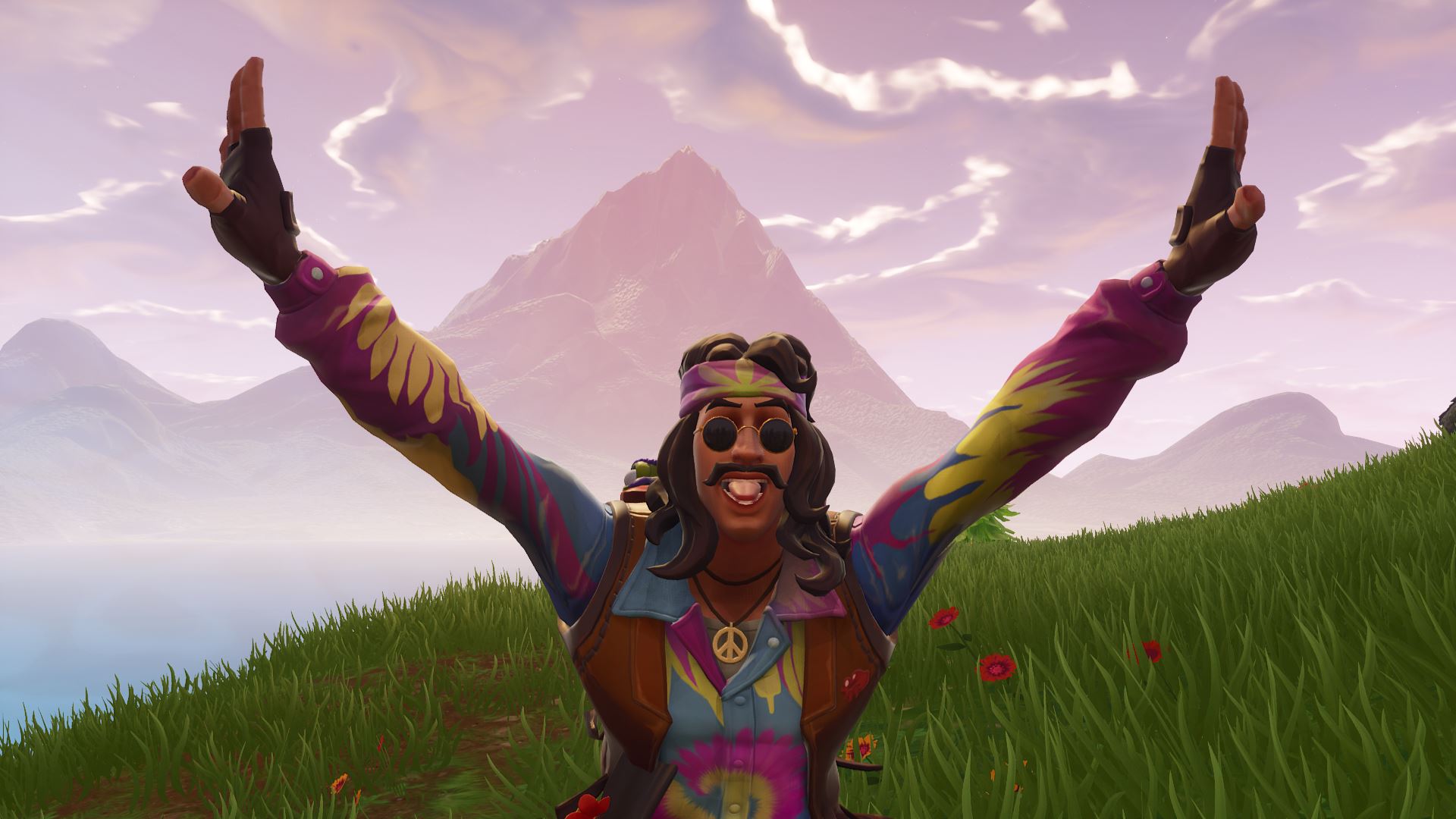
While every community has its 'sports dads', Fortnite's particularly youthful audience has given many of them a chance to build their children up into incredible players, and there's good reason to try.
Tyler 'Ninja' Blevins is the first pro gamer to be on ESPN Magazine's cover, makes at least $500,000 a month between his various enterprises, and is an inescapable point of reference among middle school gamers, if our own research has anything to say about it. Fortnite developer Epic Games clearly sees this success and wants to capitalize hard on it, investing $100 million in prize money between various tournaments its first year of competition. Winners at these tournaments are able to make upwards of $250,000 in a single week's competition, and even last place finishers are known to make around $5,000 per.

Though they play a variety of games, the top 60 esports players in the world make at least $1 million a year, edging up on the average NFL player's salary. Of course, the greatest sports legends become icons not just for their skills, but for their moral convictions in the face of adversity or societal injustice. The success of Blevins and many others has spurred a generation of school cafeteria children to shoot for legendary status themselves.
But for all that hype, none of them ever get there without a little guidance.
Cheering from the sidelines
For Nick Mennen, a 40-year-old father from the Seattle area, living vicariously through his 12-year-old son Noble is the last thing on his mind. He simply wants to give his son the tools to live his own life, one Fortnite coaching session at a time.
"I'm not raising him to be a part of my generation, I'm raising him to be a part of his generation," Mennen says.
You've probably heard of videogame coaches by now. The cottage industry orbiting popular multiplayer games like Fortnite, Overwatch, and Rocket League is quickly becoming a bigger resource for players looking to get better or even go pro.
The biggest gaming news, reviews and hardware deals
Keep up to date with the most important stories and the best deals, as picked by the PC Gamer team.
For the parents involved, it’s no different than investing in your child’s soccer uniform or paying for a basketball summer camp.
One of the most notable locations for coaching is GamerSensei.com, which PC Gamer's own Steven Messner used to get good at Overwatch earlier this year. Customers buy hour-long time slots with a coach, many of whom have professional esports backgrounds, and are well-practiced in skills and strategies that result in more wins. Since the Wall Street Journal reported on the business back in July, not only are more adults using the service, but more children and young adults under the age of 18 are too.
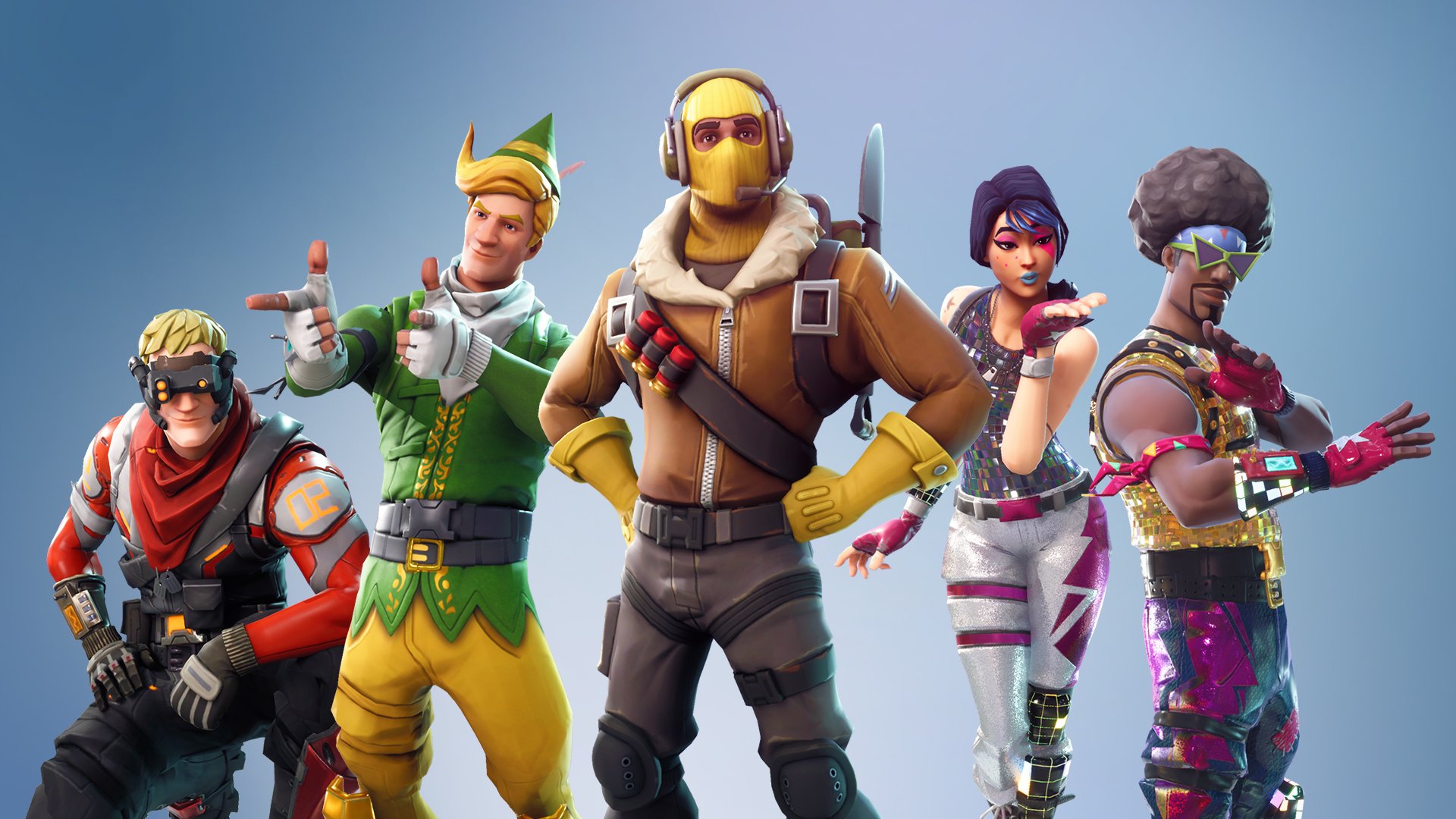
What's new with the latest Fortnite season
The best Fortnite creative codes
The optimal Fortnite settings
Our favorite Fortnite skins
The best Fortnite toys
For some of those younger students, it can be a simple matter of better enjoying the game that's swept over 40 million players, or it can mean keeping up with more naturally talented friends on the middle school totem pole. For their parents, it not only gives their kids a leg up in a videogame, but in any challenge that requires focus and self-confidence. For others, it can mean maintaining a presence in their child's life that goes beyond spectating.

"[My kids] are from a previous marriage, so we have them part of the week," says Paul Rakovich, who has two sons ages ten and seven. "They'll literally call me at their mom's house like 'Dad, did you see what's in the shop? Did you see this stat? Can you jump on for a couple minutes and play with us?'"
Rakovich, who says he started paying for Fortnite coaching sessions in order to hang out with his sons while they played it themselves, says that his family has always had a positive relationship, and that even though his divorce was a "clean break," he still manages to be surprised by the connection Fortnite has given him with his kids.
"So last night we're playing and it's getting towards the end of the night, and I get an Xbox message," Rakovich says. "It’s something like 'Dad, I love you,' and I'm just like oh my god, wow."
In the weeks since Fortnite coaching has taken off in popularity, a cursory glance at comments sections and social media have been rife with incredulous reactions. For many, the idea of hiring a professional seems laughable, but for the parents involved, it's no different than investing in your child's soccer uniform or paying for a basketball summer camp.
Nick Mennen describes his family as anything but sports enthusiasts, but to him, the principles of a dedicated practice regiment and respect for other players around you still apply to a healthy adolescence.
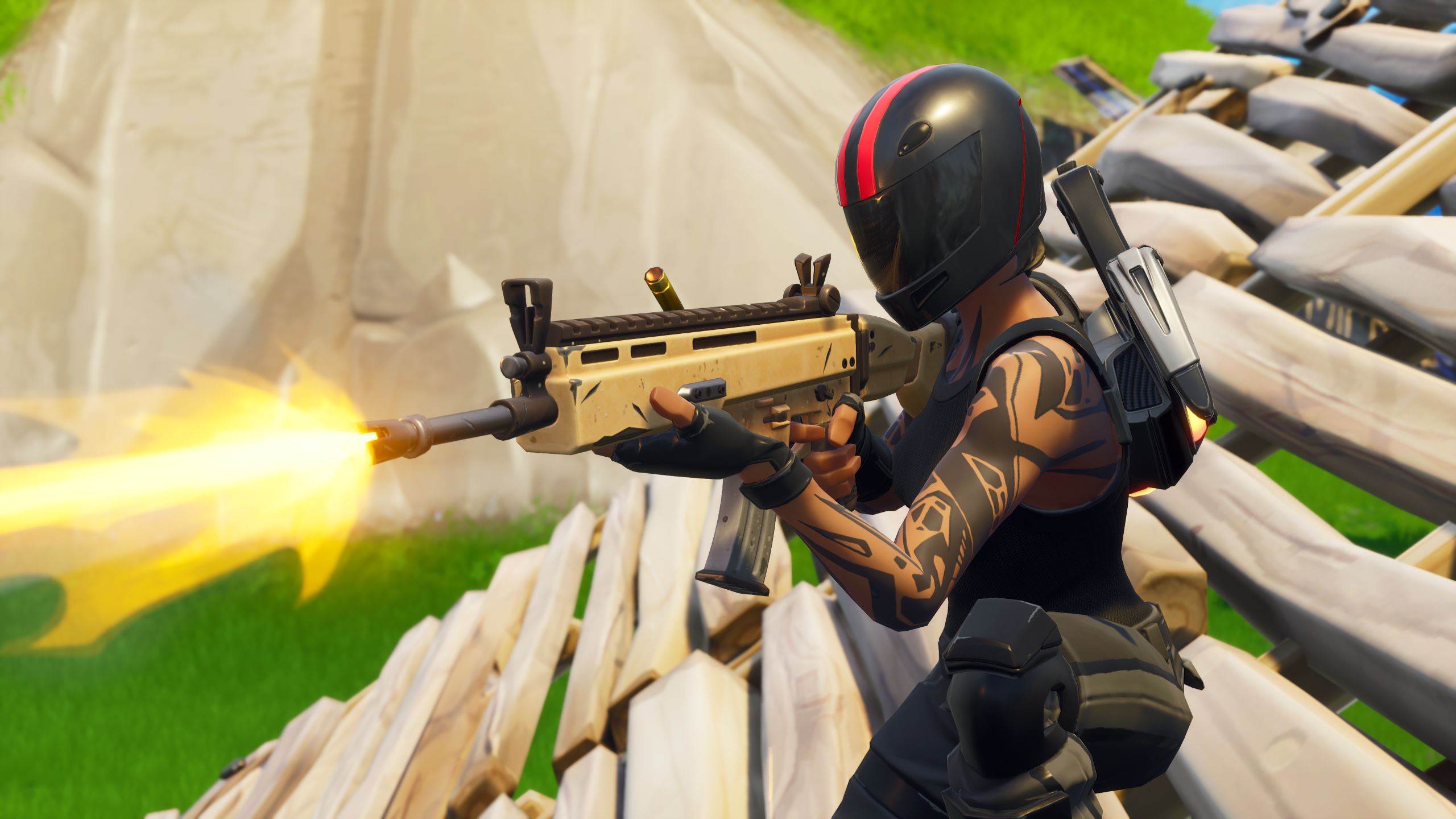
Mennen's son, the 12-year-old Noble, has always loved video games. In the fifth grade, he won his school's award for "class gamer" (which should make the rest of us just feel incredibly old), and has always had an interest in esports. After 30 minutes of being interviewed alongside his father by PC Gamer, the young boy audibly begged his dad to let him run off and play, whimpering "I've been waiting all day."
Unfortunately, this passion for games wasn't translating to wins in Fortnite, and Noble felt the pressure when it came to cafeteria discussions amongst friends. According to Sainz, who regularly follows up with Noble's father as part of the coaching process, the young boy's friends were as ruthless as most other pre-teens, calling him the worst player of the bunch.
When presented with the chance to be taught by Cesar "Pixul" Sainz of the Gankstars team, Noble was only too happy to do so.
"His dad personally told me that he struggled with social status at school," Sainz says. "He was very timid with me. When we first played, he was super nervous and he wasn't saying much. He made the complete switch from console to PC, so he was almost like an entirely new player."
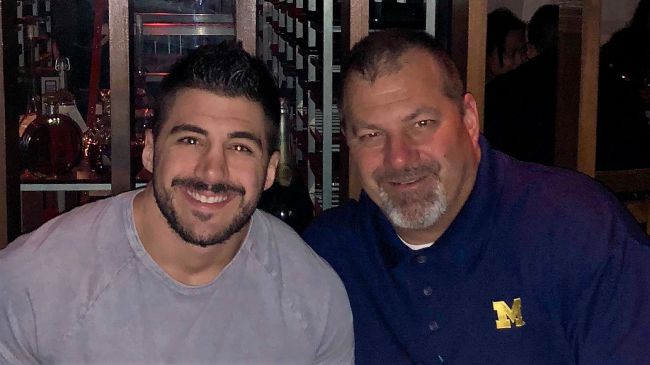
Popular Fortnite streamer Nickmercs is actually managed by his dad. Read all about their professional and personal journey.
In the vicious world of grade school politics, peer pressure and Fortnite go hand in hand. While kids under 10 years old seem to escape a big portion of it, Noble's age demographic (12-13) is rife with kids who either try to impress friends with their kill/death ratio, or who won't even hang out with a kid if they can't keep up in Fortnite's squad mode.
"Everyone is bragging about how and when they got the wins," Noble says. "They won't want to include you that much because they don't want their stats to go down because of you."
This trend of kids pressuring one another is something that coaches like Sainz and Kris "Convertible" Nara (the Rakovich's instructor and a former Overwatch pro) have noticed in some of their students.
"I've had a bunch of times where [students] mentioned to me that their friends play it, they're struggling with it, when they play with them they're like the first one to die," Sainz says. "They don't like that because their friends pick on them. I can kind of pick up on their tone that they are a little hurt by it all. You can kind of tell it does get to them."
It took less than three weeks of lessons for Noble to develop enough confidence to socialize again in the real world as well as make even more friends online through the game, according to his father. Mennen says they no longer talk about Noble's Fortnite stats in front of his friends. It would be too embarrassing—not for Noble, but for his friends.
Better players, better people
A 7th grader who actually stops and thinks after something has happened is amazing. I can’t thank [Sainz] enough.
Nick Mennen, Fortnite dad
Of course, just because kids like Noble and Rakovich's are learning to gain some confidence, that doesn't mean they get to skirt by on just Fortnite. Noble is now required to go to the gym with his father for semi-regular workouts, help with chores at home, and is even learning to cook. Rakovich, whose kids are significantly younger, says he's not above shamelessly using it as a negotiating tool, but that it's also opened up his boys to cooperating more often during other activities, as well as trying things that might have otherwise been over their heads.
"I'm like 'OK, cool, we're going to read Walter Isaacson’s biography on Da Vinci," Rakovich laughs. "We're not going to read Curious George,' and he’s like 'OK!'"
Mennen, like plenty of fathers, had struggled to instill a sense of respect in his son. In an age where YouTube and Twitch stars reign supreme over impressionable kids, Noble was just one more trash talker on Xbox Live. With the structure and discipline of Fortnite coaching, Mennen says his son's behavior has taken a dramatic turn for the better.
Both Sainz and Nara, through their GamerSensei sessions, challenge their students to reflect on prior games in order to identify their weaknesses. This ability to reflect and adapt has transferred into other portions of their lives.
"A 7th grader who actually stops and thinks after something has happened is amazing. I can't thank [Sainz] enough," Mennen says.
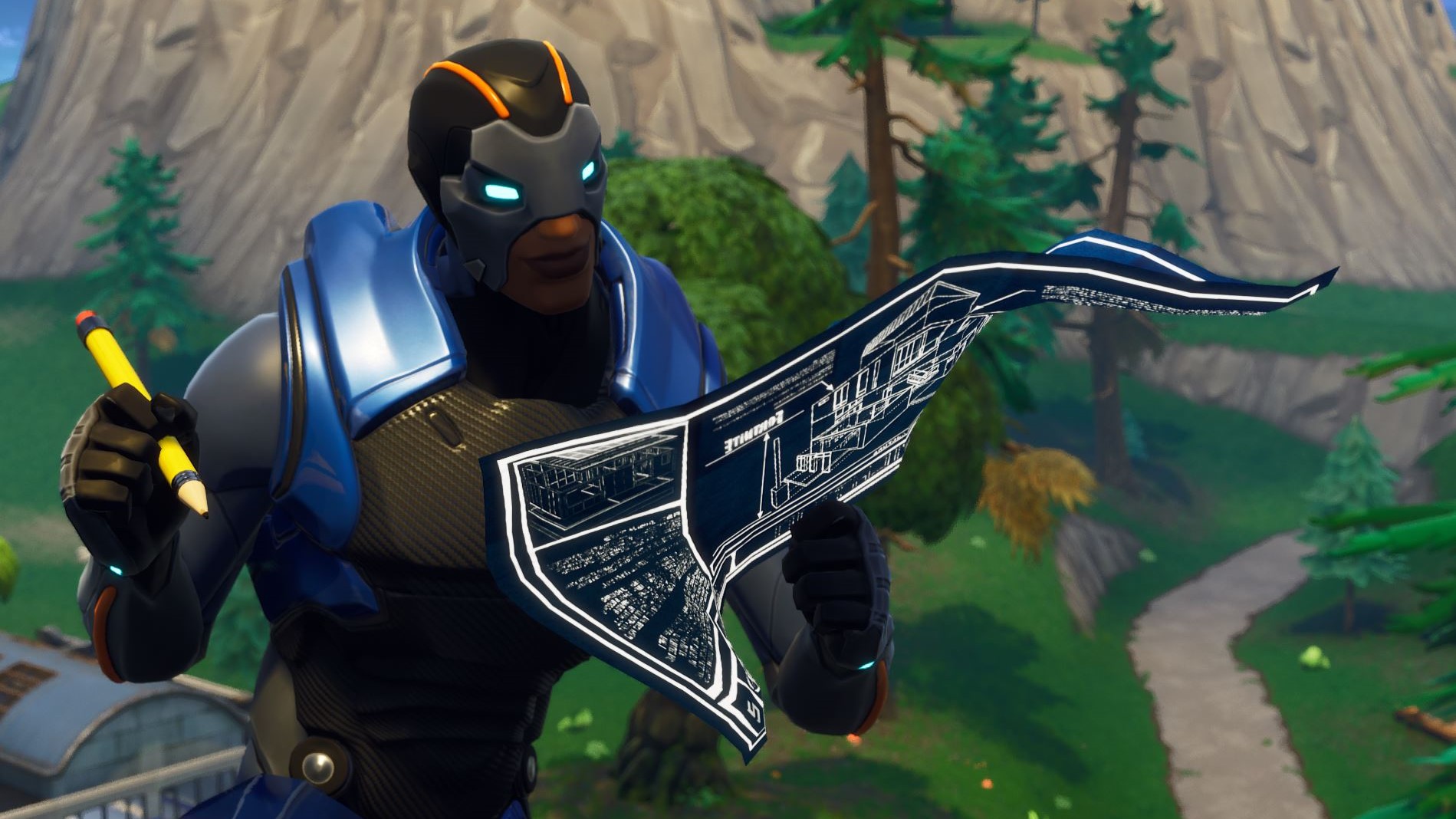
For Mennen, it's not about making decisions for his son, though. It never has been. The 40-year-old played his fair share of games as a kid, but he grew up hearing from his elders that he should focus his attention on other matters. The irony of it all is that the videogame industry brought Mennen down to Austin, Texas, gave him a job in the field for a few years, eventually leading to a job in tech.
"I don't want to live vicariously through my son," Mennen says. "I have a good job and a decent life. Had I not played video games then I wouldn't have actually had that happen. So I don't want to make those same choices [for Noble] that were made when I was growing up."
Speaking with parents like Mennen and Rakovich, I get the sense that these are parents who would do just about anything to help their kids grow up into strong, respectful people. Mennen is currently in the process of getting a sponsor for the videogame club at his son's school so it can become a proper youth league participant. Rakovich, like any dad, is just worried about giving his sons a positive place to grow, learn, and live a little.
"It's this balance between wanting to influence them, wanting them to be their own people, and I would say this is the one thing that they have that's theirs, and we are just helping to foster that," Rakovich says.
In a way, these are the kinds of parents who will be nurturing the champions of tomorrow, the ones who might turn international esports into a more American-dominated field, and we can already see it in action.
Take the tale of Long Island Joe, the only American to make it into the top eight of the Street Fighter V EVO tournament in 2016, broadcast live on ESPN. When Joe defeated his competitor to advance in the ranks, the audience roared "USA! USA!" It felt like a genuine Rocky moment for esports. To top his victory off, Joe was greeted in the audience by his father, who not only secretly flew in that day to cheer him on, but had spent the past 20-plus years fostering that devotion.
Throughout every clip and interview, the love and support between the two was palpable, and it's very clearly the same kind of bond that Fortnite parents are beginning to cultivate with their own kids, even if they never quite reach stardom. For Mennen and Rakovich, stardom isn't even the point.
When I asked Mennen what his ideal adult life for Noble looked like, he answered "I really try to not define that. I'm pretty sure that he'll show that any idea I have won't be nearly as good as how he ends up."

